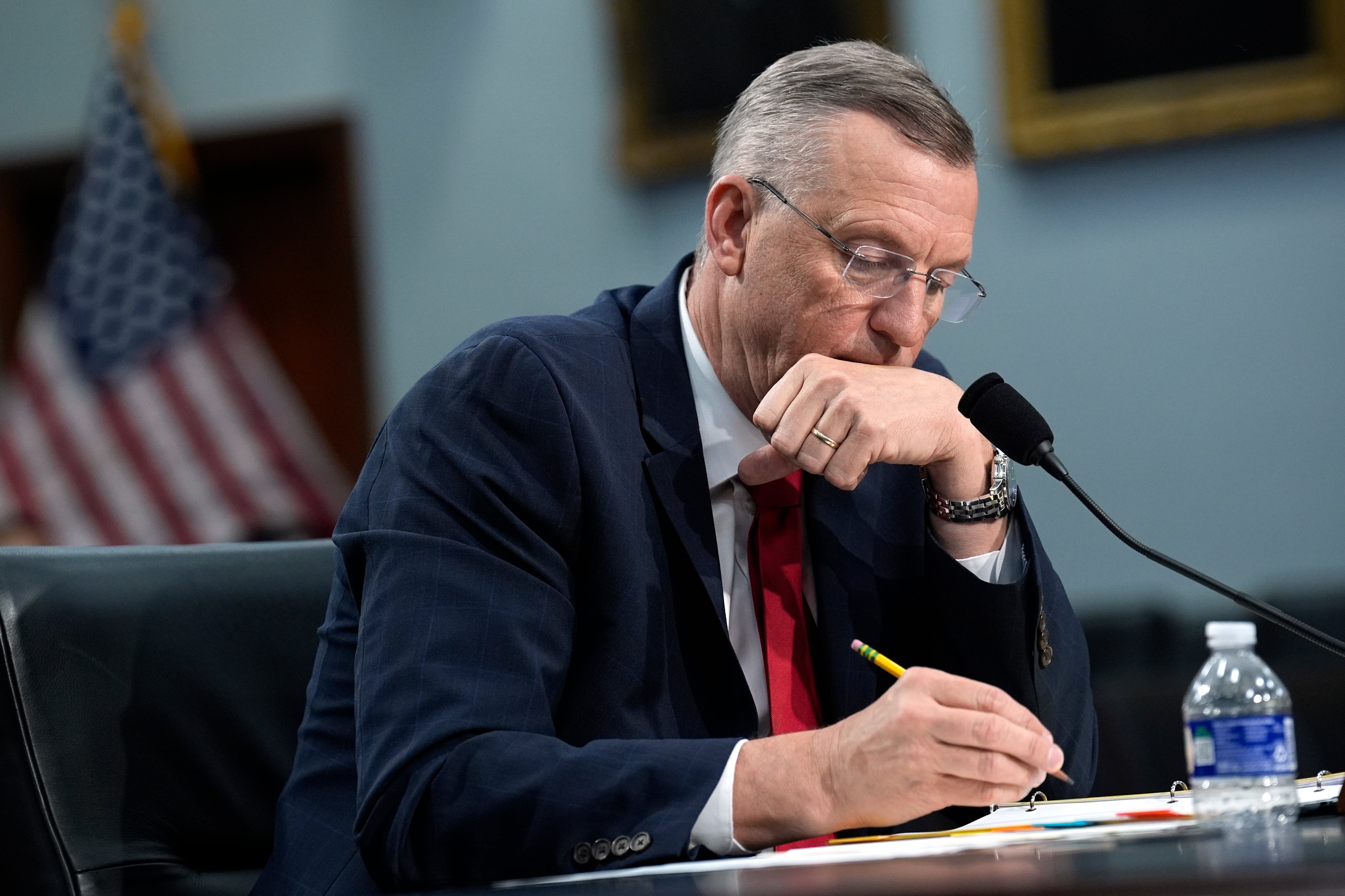Editor’s Note: This story has been updated.
Lawmakers at a Capitol Hill hearing Thursday questioned whether the Veterans Affairs Department has the authority to change a major deadline for implementing a portion of the Forever GI Bill — and seemingly act as if the original one, mandated by law, never existed.
The questions from House lawmakers came one day after VA Sec. Robert Wilkie announced the department will hold off on implementing changes to housing stipend payments until Dec. 1, 2019. These changes to how the stipends are calculated were supposed to go into effect Aug. 1 of this year, a deadline the VA was unable to meet because of IT challenges.
And while VA leaders plan to correct students’ payments from this fall by paying a retroactive cost-of-living increase come January, VA spokesman Curt Cashour confirmed to Military Times that the agency is not planning go back and pay students for another required change, related to a student’s physical location, once the IT systems are finally up and running.
But in an apparent contradiction, the VA posted a statement from Wilkie to its website at 4:16 p.m. Thursday, after this story was originally published, stating that it does plan to make “each and every post-9/11 GI Bill beneficiary ...100 percent whole — retroactively if need be — for their housing benefits for this academic year."
Should the VA fail to do so, it would be going back on a promise VA officials had previously made to Congress. The agency’s own website states that “VA will correct any discrepancy between what a student was paid and what he or she should be paid once the technology fixes are in place.”
In an exchange with VA Undersecretary for Benefits Paul Lawrence, Rep. Mike Coffman, R-Colo., said, “You can’t simply change the law yourself if you’re unable to meet the obligations that your department agreed to and the Congress of the United States mandated by law and the president of the United States signed.”
An aide for the House Committee on Veterans’ Affairs told Military Times Wednesday the committee is seeking legal justification from the VA and is awaiting the agency’s response.
The provision of the law in question has to do with the location on which housing stipends are based. The Forever GI Bill law requires that — as of Aug. 1, 2018 — students taking in-person classes be paid based on the campus where they attend the majority of their classes. Currently, housing stipends are based on a school’s main campus, which is sometimes far from — and may have a very different cost of living than — where the student is living and taking classes.
This change required significant technology updates for the VA, which is resetting “implementation of the law for the next year to ensure we get the technology and formula right to put veterans first,” according to a news release. The push should also free up resources to ensure upcoming spring payments to GI Bill users are more timely after reports of mass delays this fall.
Lawmakers and others have been sympathetic to the VA’s IT woes. Yet questions remain as to whether the VA can decide not to retroactively honor the difference for students who primarily attend branch campuses or other locations.
Lawrence said it’s unclear how many of the roughly 450,000 students using the GI Bill would be affected by this change in the law and what the difference in payments would be, should the VA calculate them retroactively next year. And while he mentioned a significant burden for schools that would have to recertify students’ enrollments dating back to August, he did express a willingness to work with lawmakers, schools and others to come up with a final solution.
Veterans education advocates who commented on the deadline change said they understand the need for the 12-month delay but still believe the VA should pay students under the law’s current rules when they can.
“Shifting the implementation deadline a year isn’t a free pass for the VA to arbitrarily pay student veterans less than they are due simply because it was unable to correct internal problems in time,” said VFW National Commander B.J. Lawrence. “I appreciated hearing the VBA undersecretary in testimony this morning address the need to make student veterans whole, and I pledge that the VFW will continue to push for the proper implementation of the Forever GI Bill so that all student veterans receive the prompt and full benefits they earned and deserve."
RELATED

Going forward, until the Forever GI Bill rules are implemented, students will receive what they would have been paid for housing all along, had the August deadline not been a factor. This means students will receive payments approximately equivalent to 1 percent higher than what the Defense Department pays E-5s with dependents. Any students who have been overpaid will not be held liable, the VA has said.
The VA’s Paul Lawrence said it’s unlikely students who don’t attend classes on a main campus will feel ripped off because not even the VA knows what they would’ve been getting had the IT updates worked as they should. They will be paid under the same process as previous years.
Yet members of Congress maintained the law must be followed.
“The law states what we must do on 1 August,” said Rep. Phil Roe, R-Tenn., who heads the House Committee on Veterans’ Affairs. “The question is are we going to follow the law? That’s the question. If we’re not, then we’ve got to change the law.”
Roe said he would seek more clarity from the VA off-mike.
“We will seek to work with you and your staff to understand whether that’s in the best interest of veterans,” Lawrence told the committee. “It’s not our intention to harm veterans.”
Military Times contributor and former reporter Natalie Gross hosts the Spouse Angle podcast. She grew up in a military family and has a master's degree in journalism from Georgetown University.










